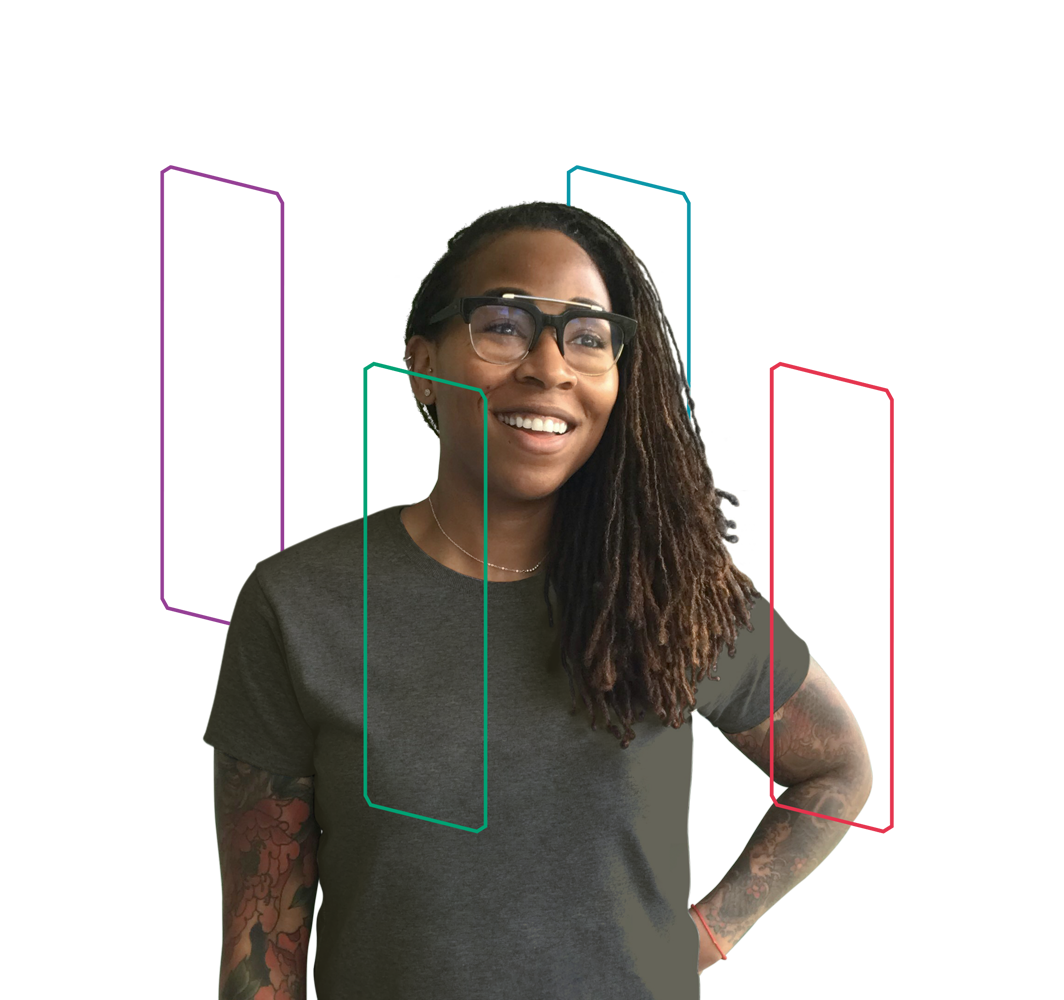Health Equity
No one knows more about their patients than nurses. We’re the ones who are most tuned in to the ups and downs in their lives, how they live, what they can (or can’t) afford, who they do (or don’t) have to lean on for support. We are best positioned to understand the obstacles to good health that create health disparities, like poverty and discrimination, as well as their consequences, such as powerlessness and lack of access to housing, safe environments, and health care.
Nurse practitioner Whitney Fear is continuing to fight for health equity in her community a year after the "Who Cares" film premiered.
One Year Later: Whitney Fear Looks Back After Premiere of “Who Cares: A Nurse’s Fight for Equity”
Healthcare workers can do something about human trafficking — if they’re enabled with awareness and the resources to help victims.
Hiding in Plain Sight: How Nurses Can Stop Human Trafficking
The Pine Ridge Reservation is evidence of how social determinants and systemic issues like racism led to our nation’s health inequities.
What Led to Health Disparities for Native Americans on the Pine Ridge Reservation — and What Can Nurses Do About Them?
How more than two years of fighting the coronavirus has led to a mass exodus from nursing.
How Burnout Impacts Nursing: Before, During and After COVID-19
In North Dakota, the mental health crisis is compounded by limited access to care — especially for Native Americans.
‘A Mental Health Care Desert’: Disparities in North Dakota’s Mental Health Resources
Social determinants play an important role in a patient’s experience with addiction. Here's how one North Dakota nurse makes a difference.
How Nurses Can Treat Substance Use With Trauma-Informed Care
Nursing student, visual artist and health advocate Eduardo V. examines how culture can improve health for immigrant LGBTQIA+ communities.
SHIFT Talker Spotlight — Eduardo V.
Ryann M. is a postpartum nurse — on wheels! — from Virginia who is advocating for those with disabilities — in her community and in nursing.

